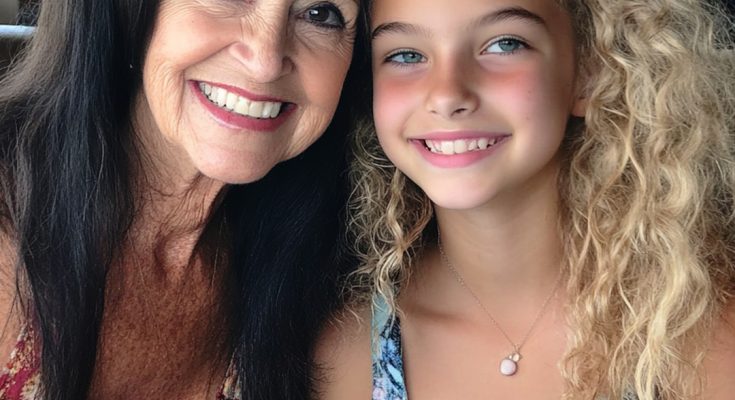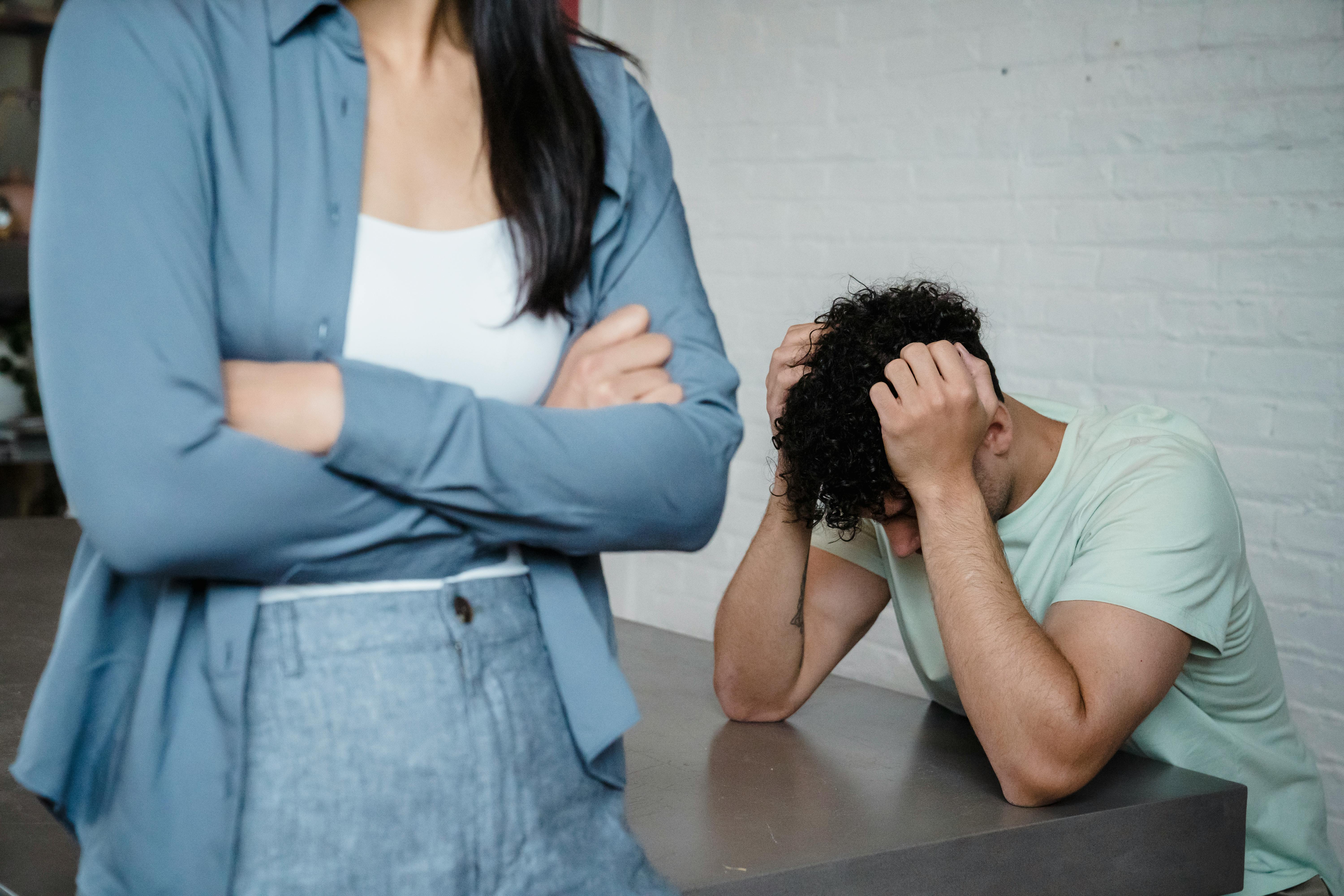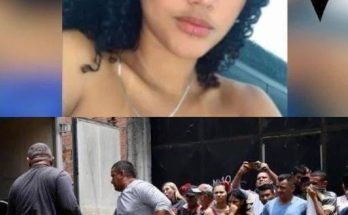Let me tell you, there are some stories that leave a mark, and this one is definitely one of them. It’s about my granddaughter Lindsey. I’ve got three grandchildren, all scattered across the country, and because of that, I didn’t get to see them grow up the way I wanted.
I missed birthdays, holidays, and all the little moments that make life sweet. Still, when I first laid eyes on Lindsey at six months old, I couldn’t help but notice something strange. Her hair — curly and blonde. Not dark like the rest of us.
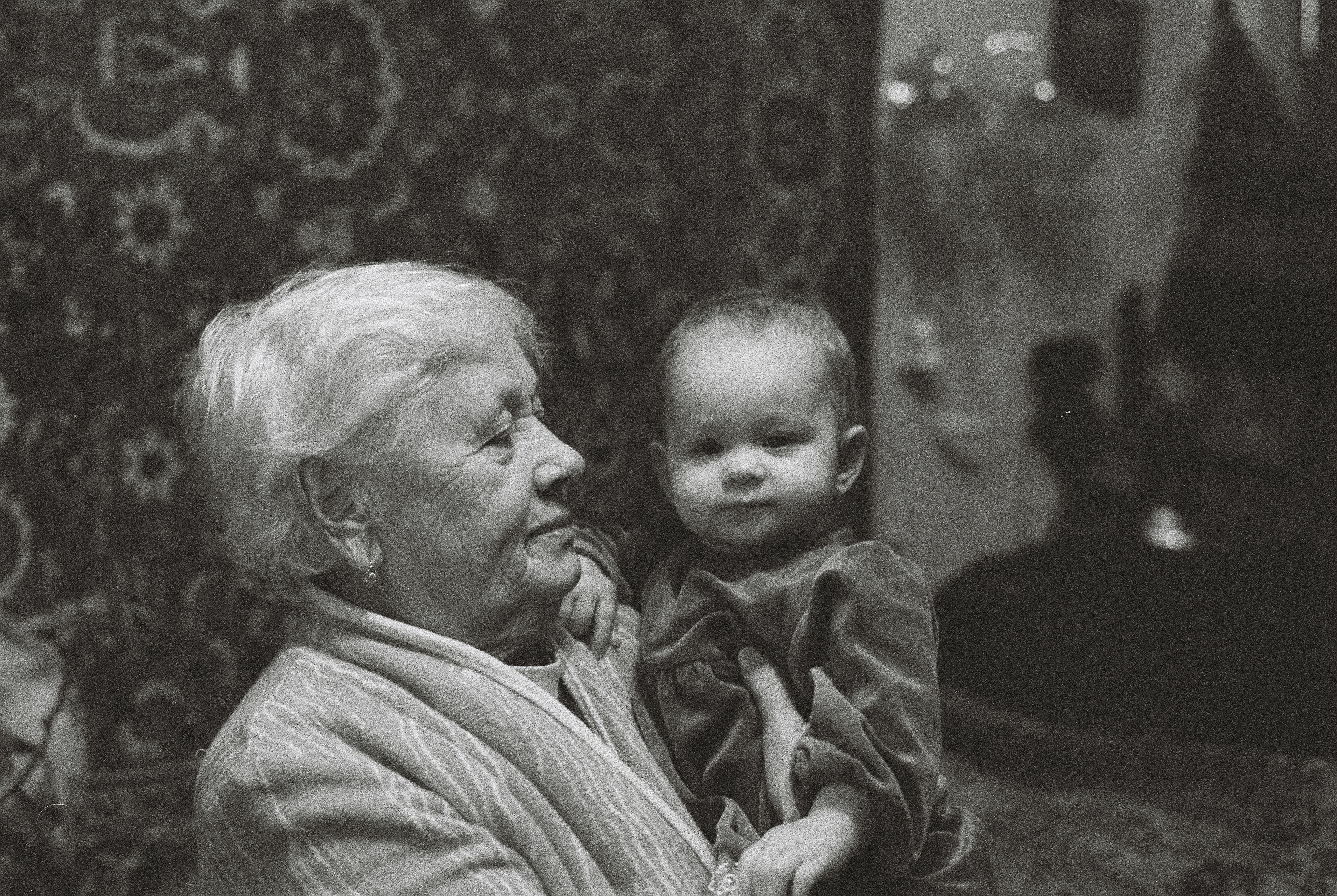
An elderly woman carrying a baby | Source: Pexels
My son, his wife, their other two kids — all had the kind of dark hair that runs through our family like a signature. But Lindsey? She stood out like a ray of sunshine in the middle of a storm cloud.
At first, I shrugged it off. Genetics can be funny like that. You never really know what recessive trait might pop up. Maybe some long-lost ancestor had those same golden curls. But as the years went on, that nagging feeling wouldn’t let me go.
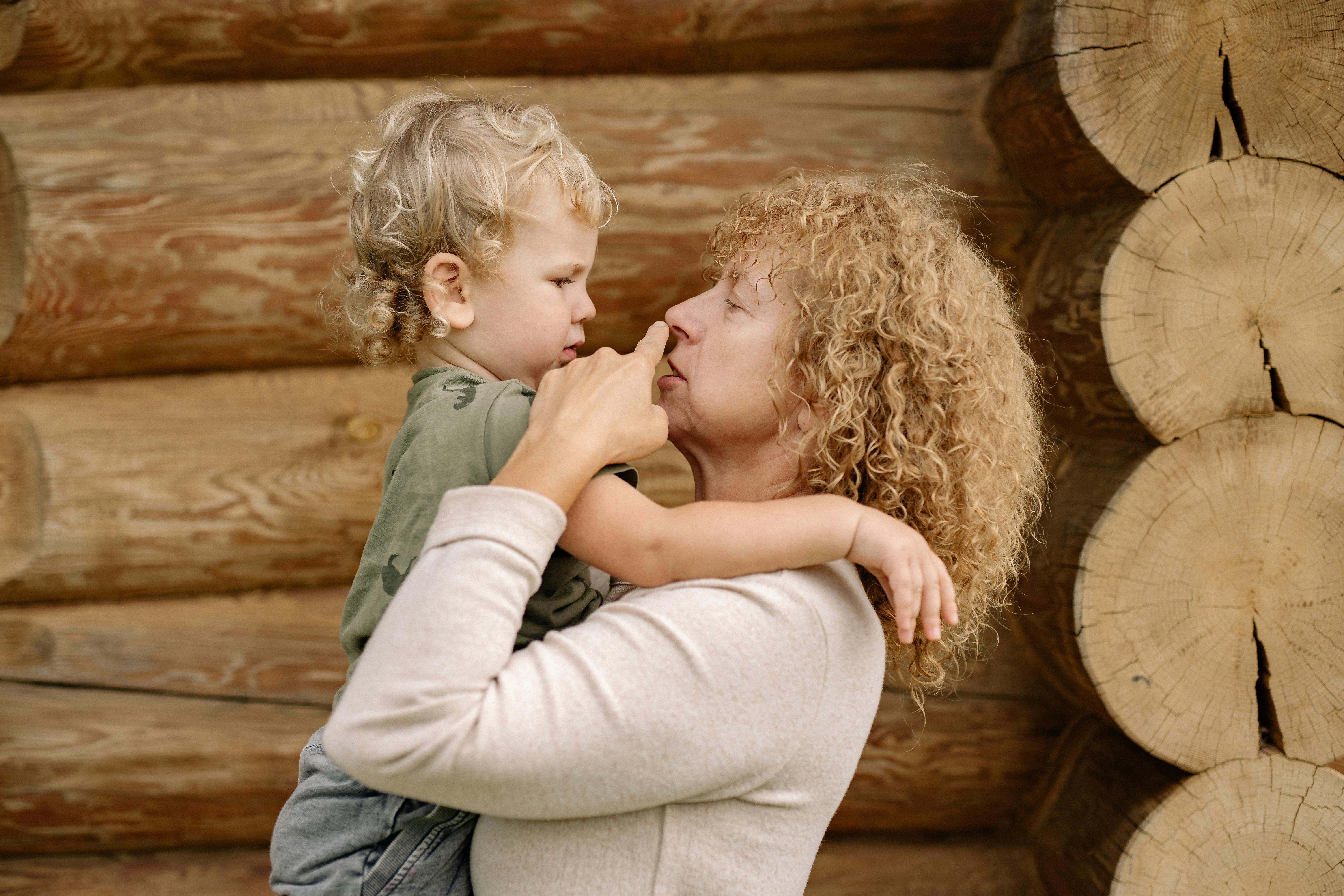
A grandmother carrying a child | Source: Pexels
Every time I saw Lindsey, the thought crossed my mind. She didn’t look a thing like her siblings. And by the time she was old enough to notice, she began to ask questions.
“Grandma,” she’d say, “why don’t I look like Mom or Dad?” It broke my heart because I could see how much it bothered her. What was I supposed to say? I didn’t have any real answers. I told her what I always told myself — genetics are funny, maybe she took after someone way back in the family tree.
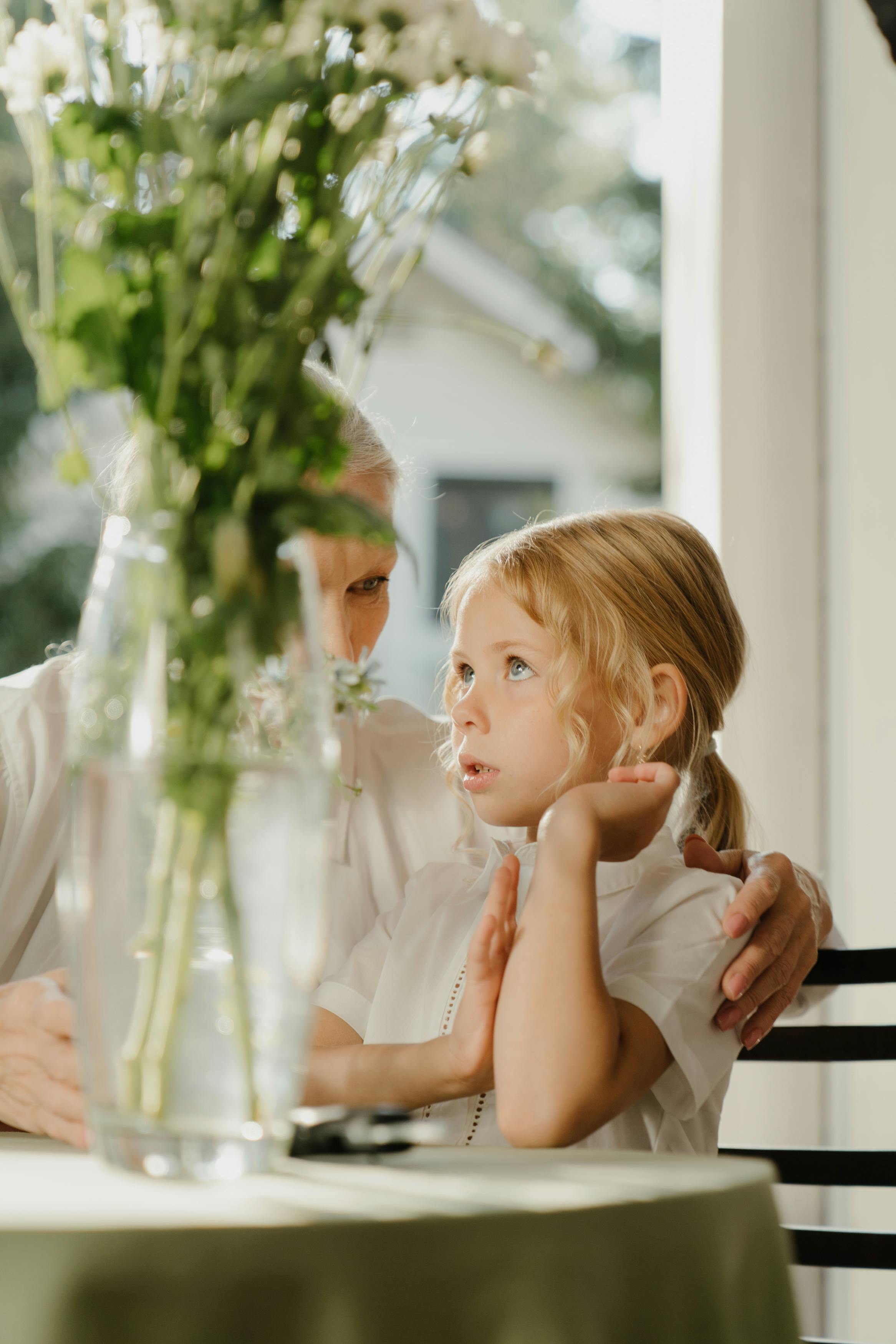
A older woman and a girl beside a flower vase on a table | Source: Pexels
But it wasn’t just our family who noticed. Lindsey started telling me about how the kids at school would point it out, too. “They always ask why I don’t look like my mom,” she said one day, her voice barely above a whisper. “Even my friends say it’s weird that my hair is so blonde and everyone else in our family has dark hair. I don’t know what to tell them.”
I could hear the hurt in her voice. It wasn’t just curiosity anymore; it was becoming a source of pain. “They say things like, ‘Are you sure you’re not adopted?’ and they laugh, but it doesn’t feel like a joke, Grandma. It makes me feel… different. Like I don’t belong.”
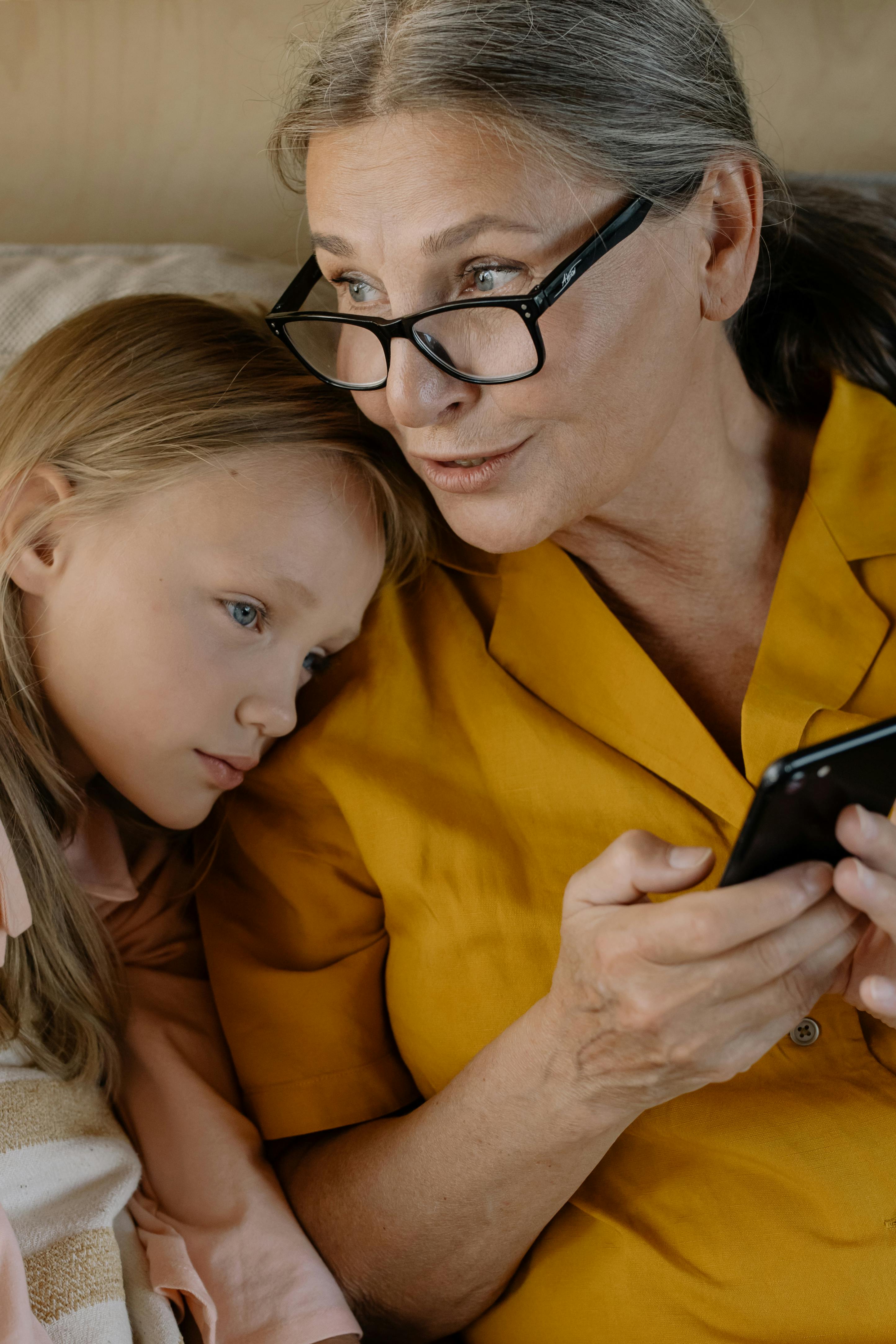
A girl leaning on her grandmother | Source: Pexels
My heart sank. “Oh, sweetheart,” I said, pulling her close, “kids can be cruel sometimes. But don’t you ever doubt for a second that you belong. You’re a part of this family, no matter what anyone says. People come in all shapes and sizes, and families don’t always look alike. You’re perfect just the way you are.”
She looked at me with those big, sad eyes, searching for reassurance. “But it’s not just them, Grandma. I feel it, too. I don’t look like anyone. I don’t feel like I fit in.” Her voice cracked, and a tear slipped down her cheek. “Why won’t Mom and Dad let me take the test? What are they afraid of?”
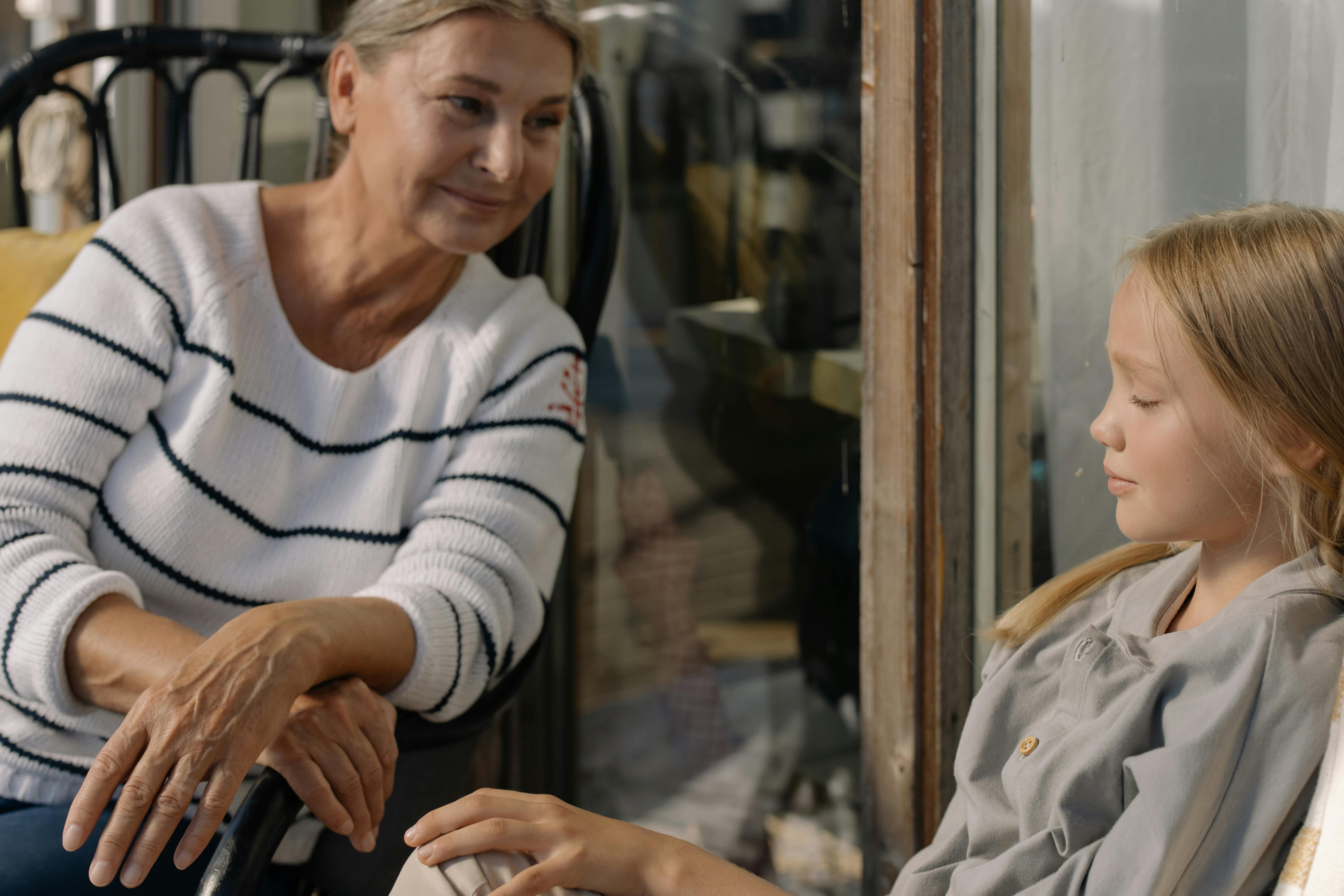
A grandmother and her granddaughter bonding together | Source: Pexels
I didn’t know what to say. I had wondered the same thing for years. “I don’t know, honey,” I said softly, “but maybe they just think it doesn’t matter. Maybe they don’t want you to worry about all that.”
“But it does matter to me,” Lindsey insisted, her voice trembling with frustration. “It matters a lot. I just want to know where I come from.”
I could see how much this weighed on her, and it tore me apart. I wanted to protect her, to shield her from the uncertainty and confusion that was eating away at her. But what could I do?
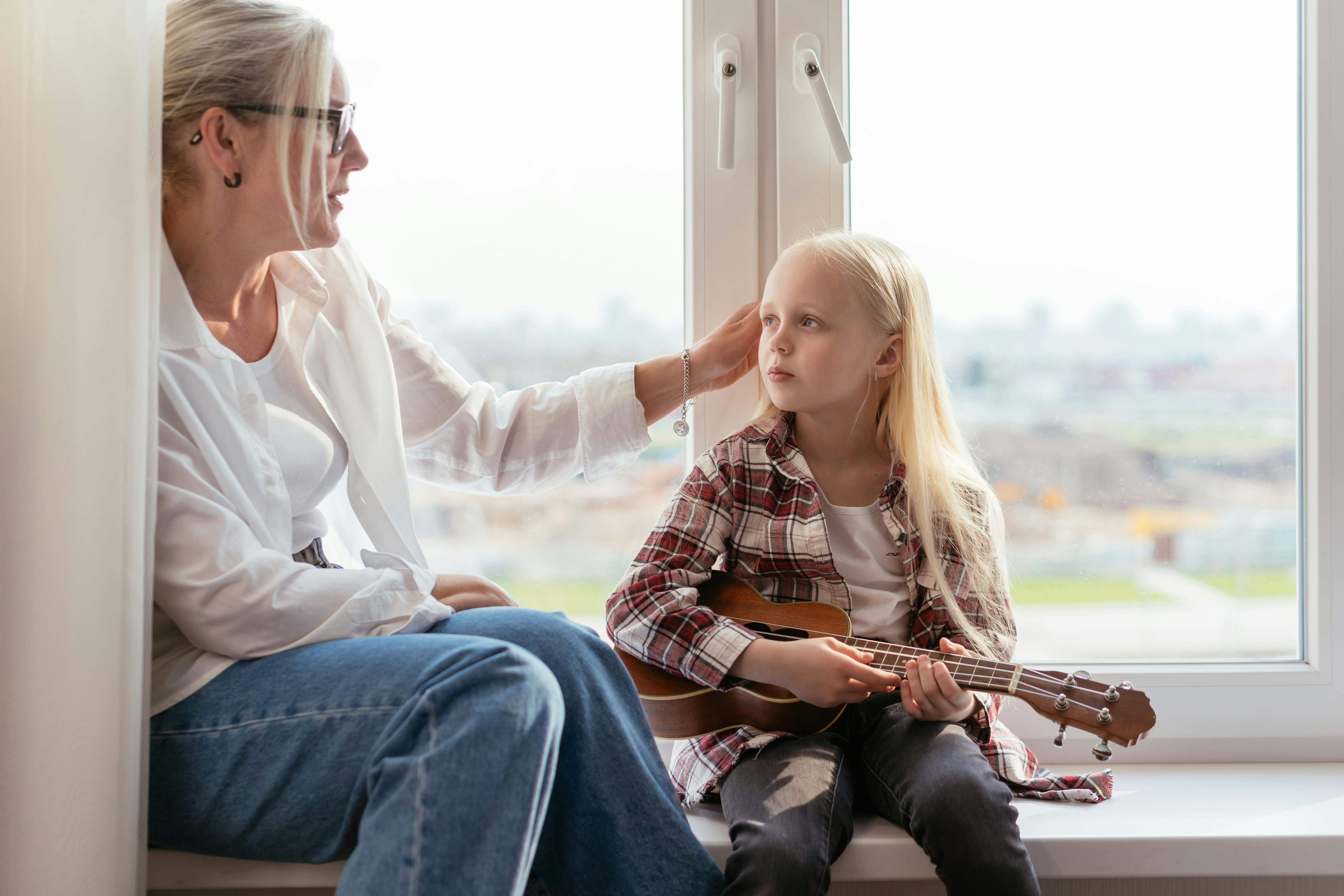
A woman sitting on the windowsill with her grandchild | Source: Pexels
One afternoon, after another heart-wrenching conversation with Lindsey, I decided I couldn’t carry this burden alone anymore. I needed advice — guidance from someone who might see things more clearly than I could in the middle of all this.
I called a few close friends, the ones who had known me for decades. They were the kind of women who had seen it all—marriages, divorces, family rifts, and secrets. If anyone would know what to do, it was them.
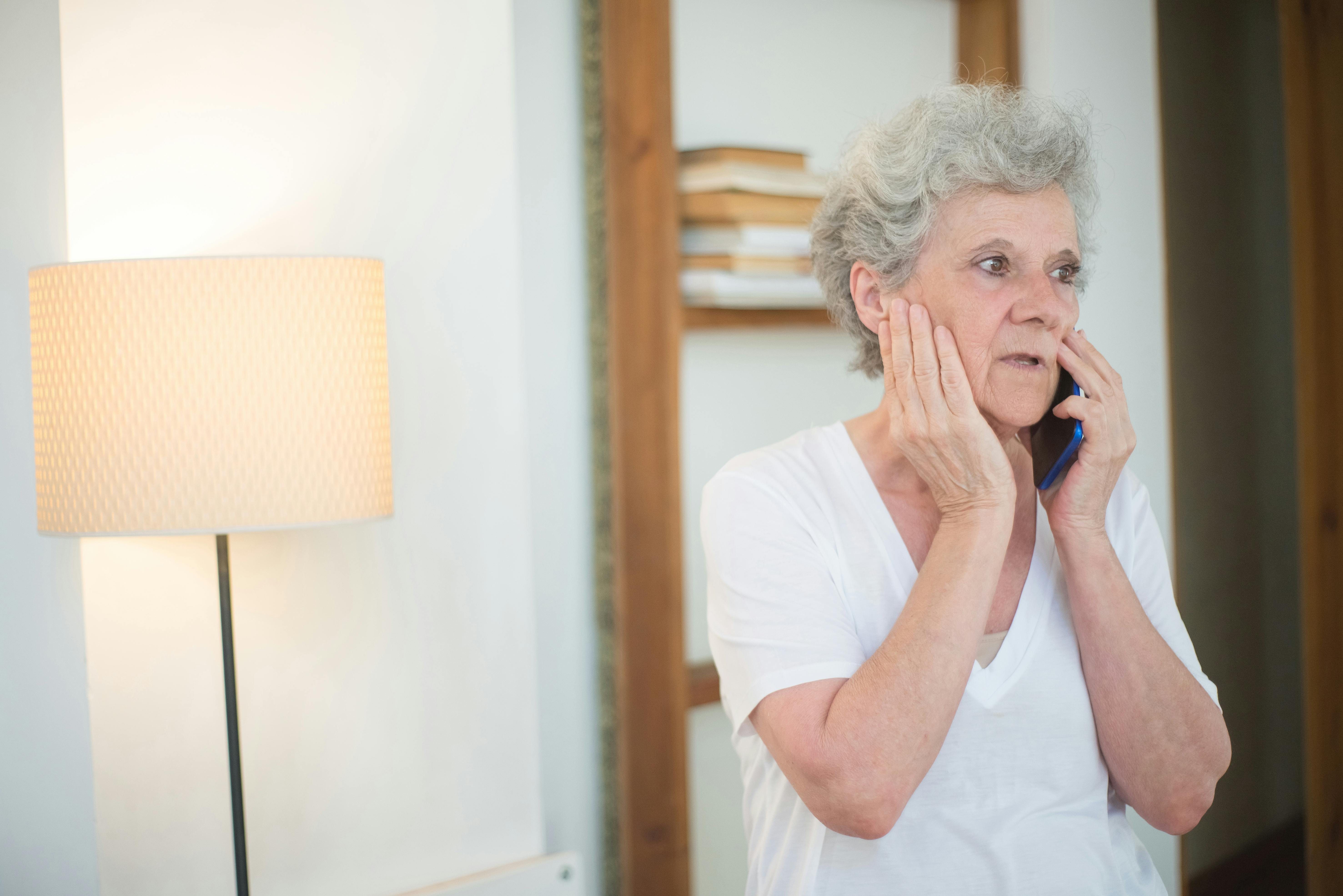
An elderly woman on a phone call | Source: Pexels
We met for coffee at Maggie’s house, the unofficial gathering spot for our little group. As we settled in, I finally blurted it all out. “I don’t know what to do anymore,” I confessed, stirring my coffee absentmindedly. “Lindsey’s been asking all these questions, and her parents won’t let her take a DNA test. I’m starting to feel like they’re hiding something.”
Maggie leaned in, her brow furrowed. “Do you think there’s really something to hide, or are they just being protective?” she asked, always the rational one.
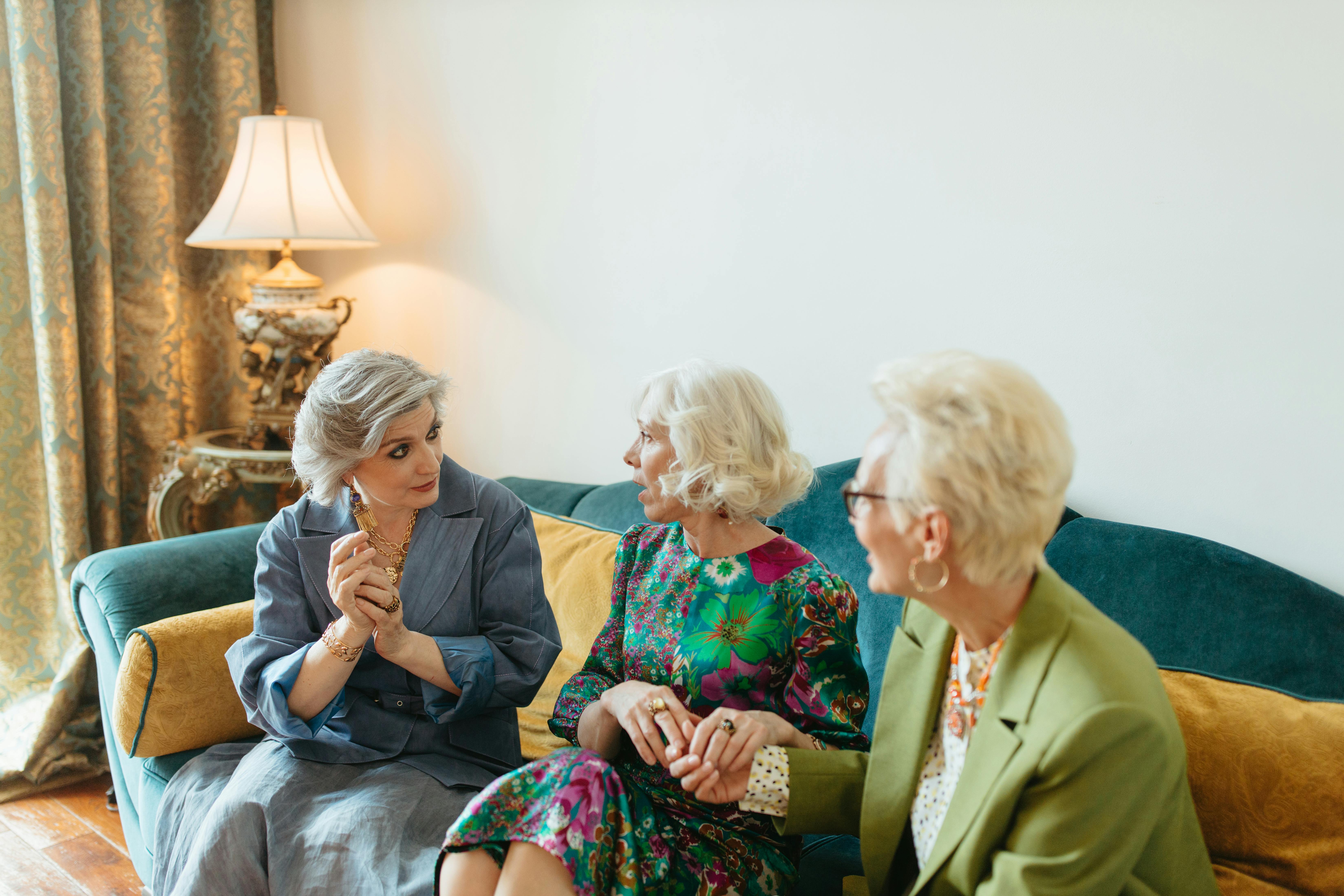
Elderly women sitting on a sofa | Source: Pexels
“That’s just it. I don’t know,” I sighed. “But the more they refuse, the more it seems like they’re afraid of something coming out. And now Lindsey’s being teased at school. The poor girl feels like she doesn’t even belong in her own family.”
Sue, the blunt one in our group, didn’t hesitate to chime in. “If they’ve got nothing to hide, why not let her take the test? It’s not like these things are a big deal anymore. Everyone’s doing them. Heck, my niece just found out she’s got a cousin in Australia she never knew about.”

A laboratory set up | Source: Pexels
I nodded, feeling a little vindicated. “Exactly! And Lindsey’s been asking about it for months now. She’s desperate to understand why she looks so different. Every time she talks to me about it, I can see how much it’s hurting her.”
Maggie sighed, her face softening. “Oh, honey, that’s tough. Have you talked to your son about it?”
“I tried,” I admitted, shaking my head. “But the minute I brought it up, they shut me down. They practically told me to mind my own business. But how can I? Lindsey came to me in tears last night, begging for help. How am I supposed to ignore that?”
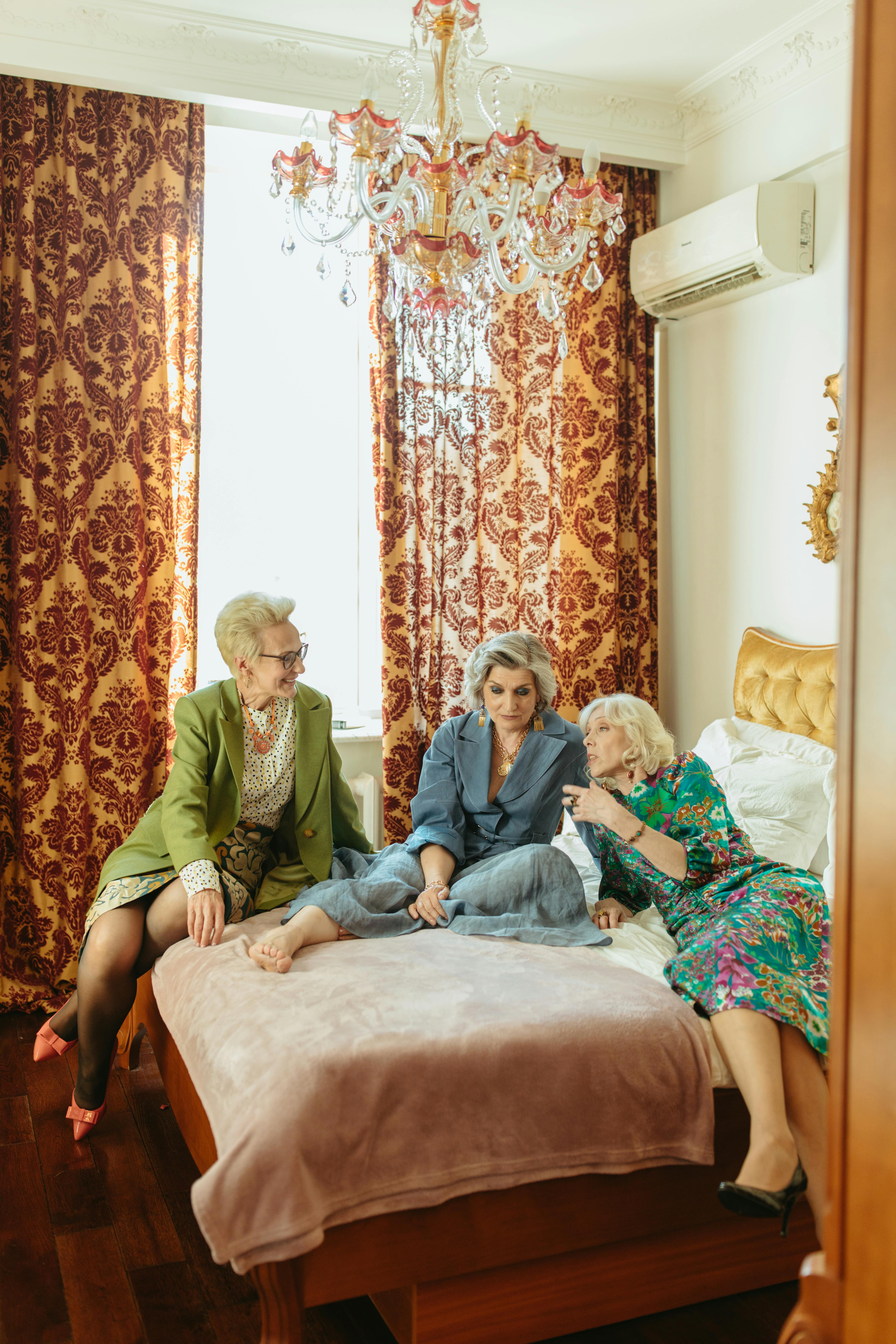
Elderly women sitting on a sofa | Source: Pexels
“Maybe you shouldn’t ignore it,” Sue said, her voice firm. “Sometimes, as grandparents, we’ve got to step in when the parents won’t. It’s not about going behind their backs — it’s about doing what’s right for the child.”
Lindsey hit her teenage years, and at 15, her curiosity only grew stronger. That’s when things got complicated. One day, during a regular chat, she casually mentioned how her parents refused to let her take an ancestry test.
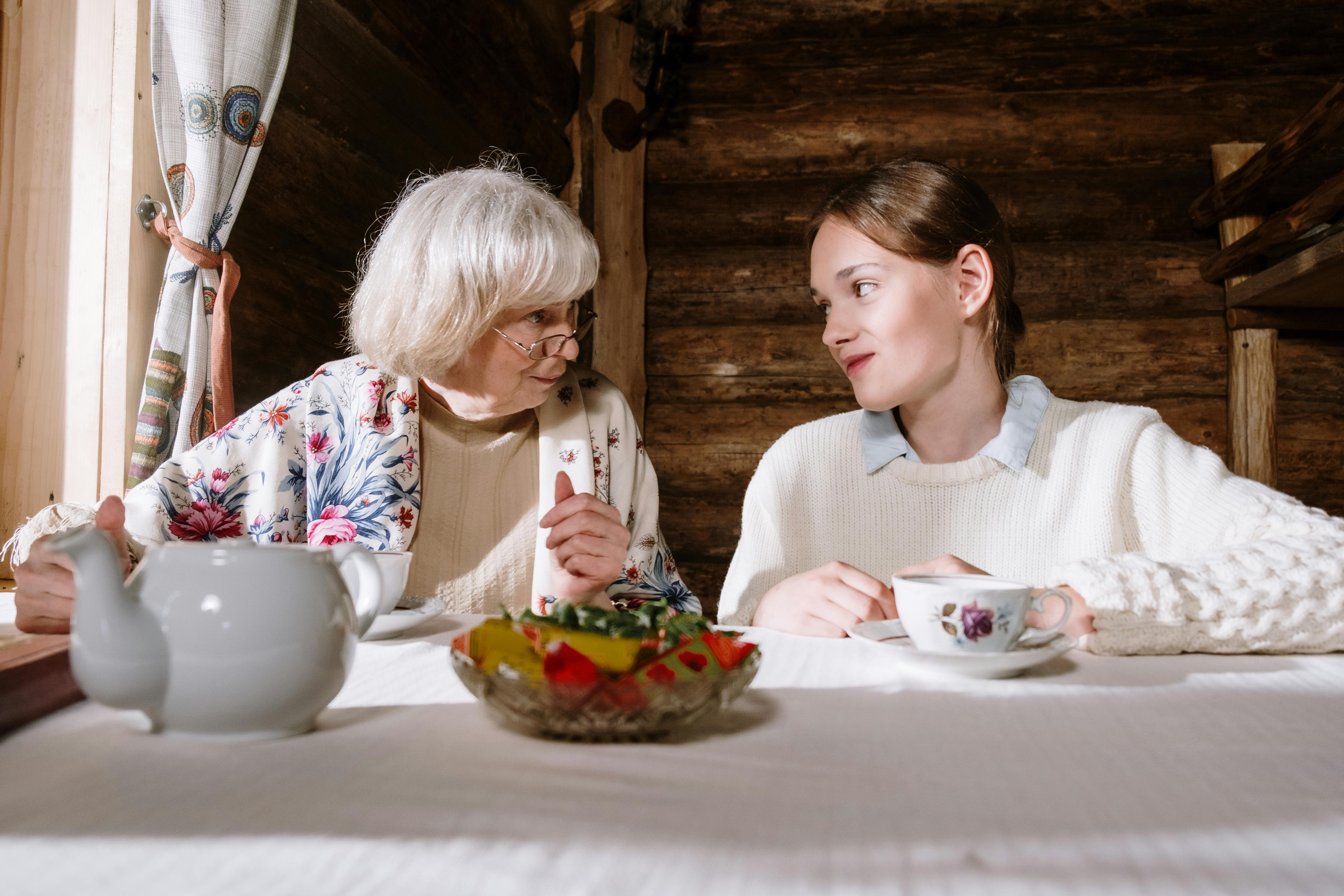
A grandmother and a teenager having tea together | Source: Pexels
Flat out refused. Now, that sent my mind spinning. Why wouldn’t they want her to learn more about her roots? What could they possibly be hiding?
So, I asked my son about it. Big mistake. The minute I brought it up, he shut me down. “No need for that,” he said, his tone sharp. “Lindsey’s our daughter, and that’s all she needs to know.”
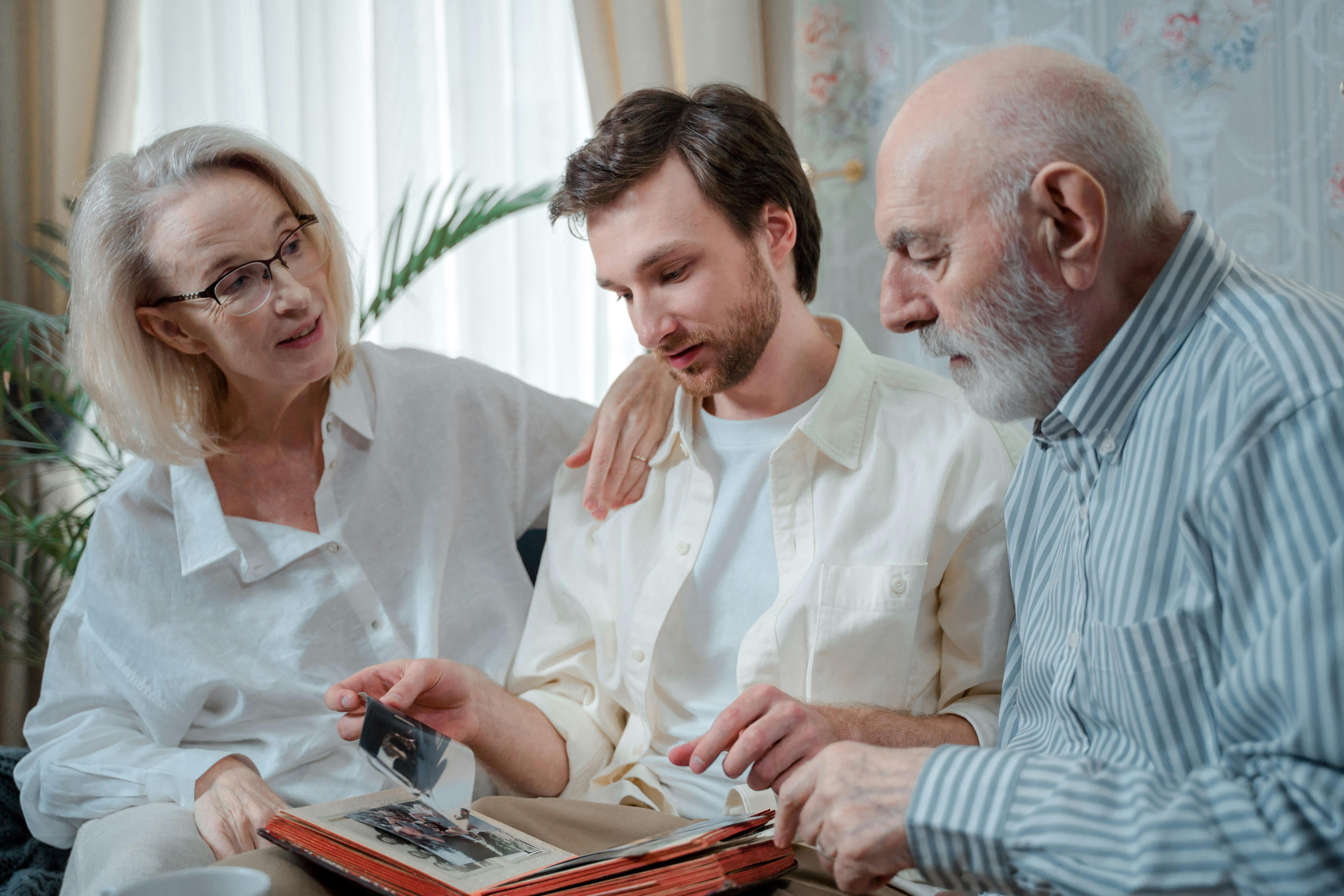
A family looking at pictures | Source: Pexels
But I could tell there was more to it. Something they weren’t saying. And when I pushed a little harder, I got more than just resistance. They practically kicked me out. Told me to drop it, and they didn’t want to hear another word. But you know what they say about secrets — they don’t stay buried forever.
Lindsey wasn’t ready to let it go, either. She came home from school one day, more upset than I’d ever seen her. Her biology teacher had pointed out how strange it was that she didn’t share any traits with her parents. That just fueled her fire. She came to me, eyes full of tears, practically begging for help.
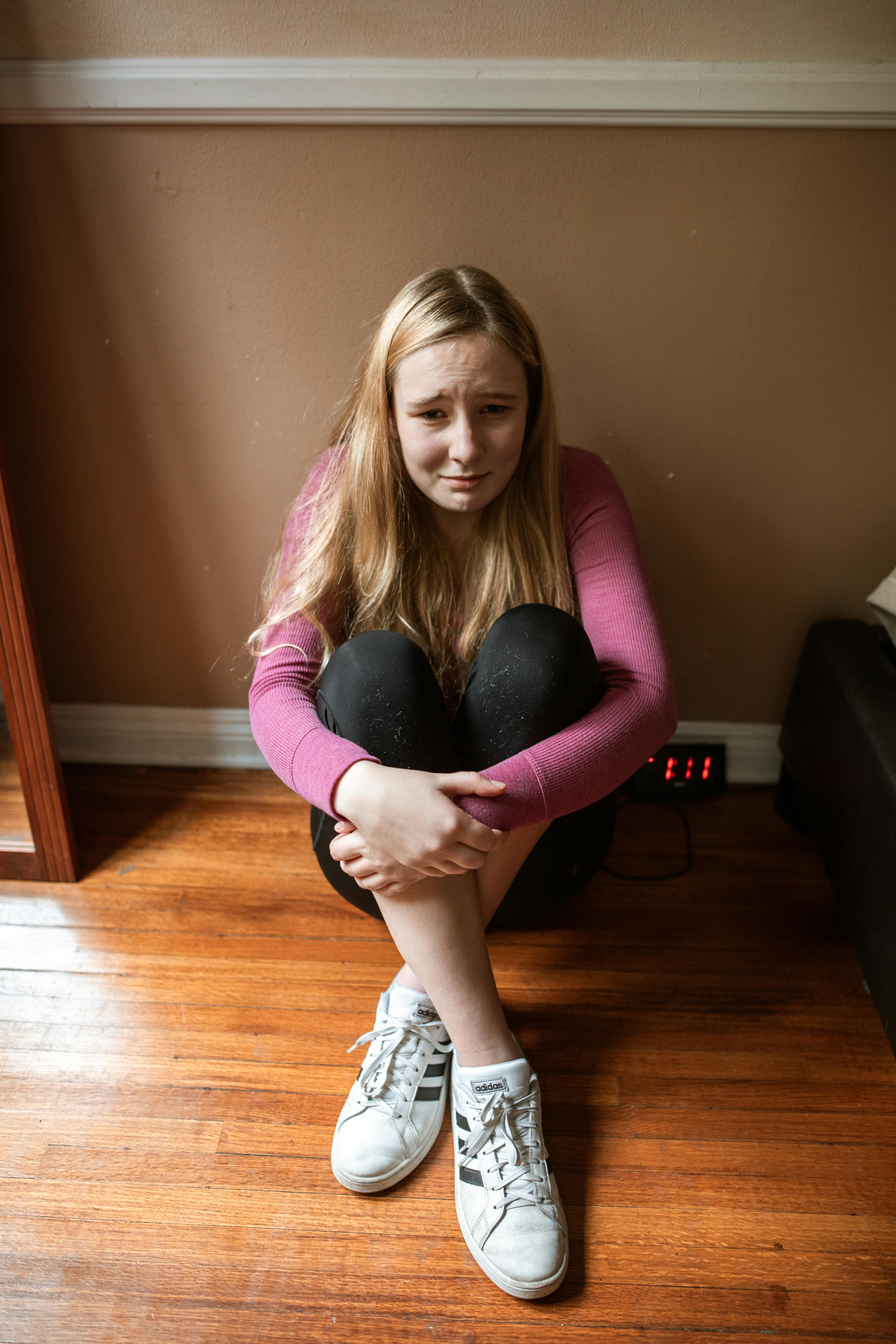
A young girl sitting on the floor crying | Source: Pexels
“Grandma,” she cried, “I need to know. Please.” How could I say no? I couldn’t let her sit with that confusion any longer. I promised her I’d help, no matter what.
So, I did what I thought was right. I secretly bought Lindsey a DNA kit. I knew it was risky, and I knew my son and his wife would be furious if they found out. But I couldn’t stand by and do nothing. I had to let Lindsey find out the truth for herself, even if I didn’t know what that truth would be.
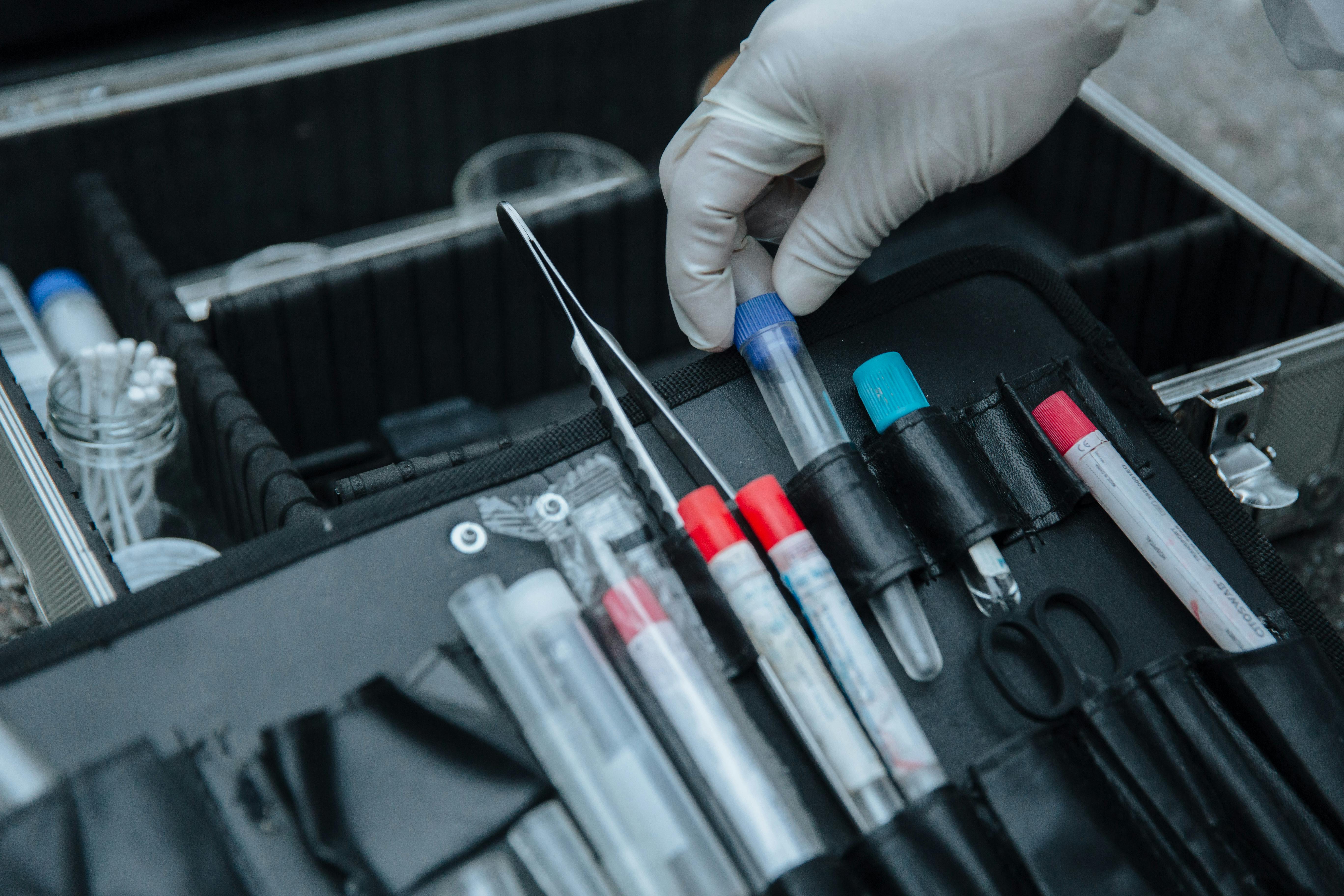
A person holding a test tube | Source: Pexels
